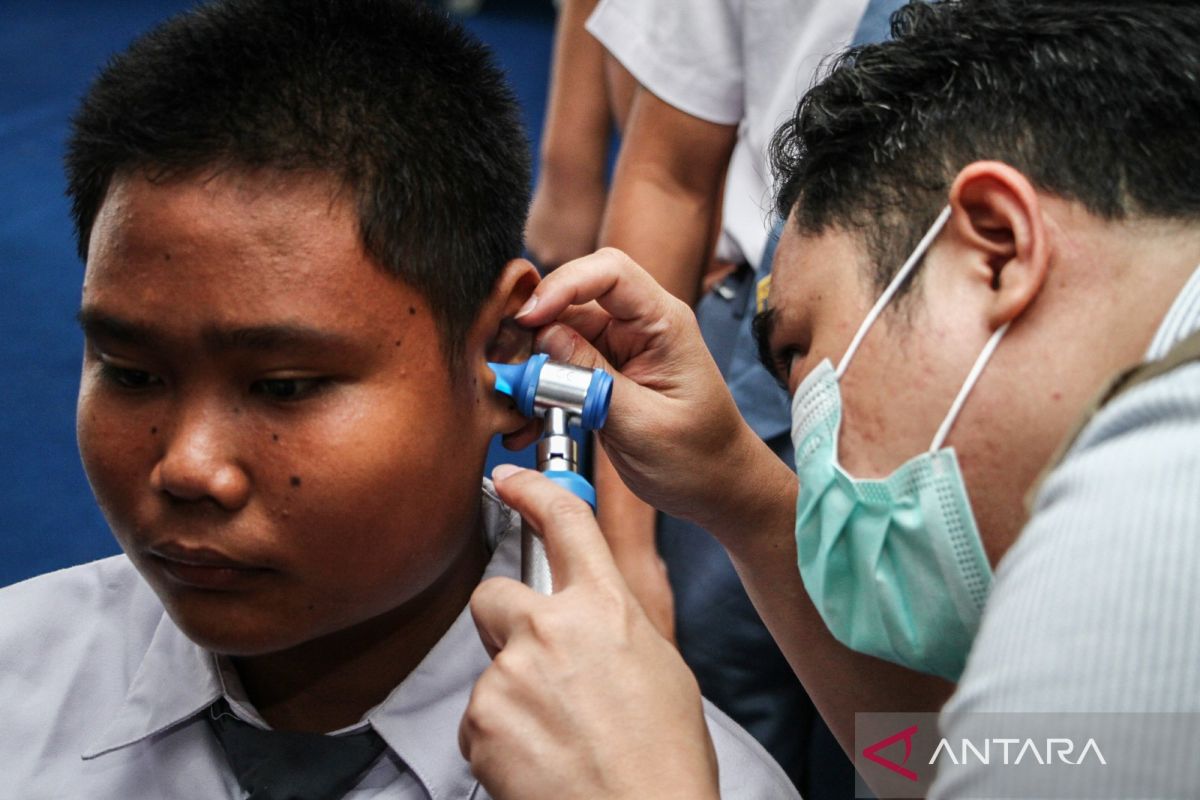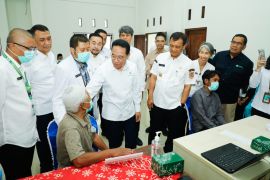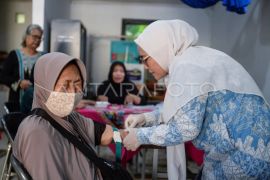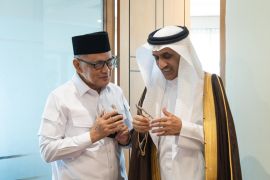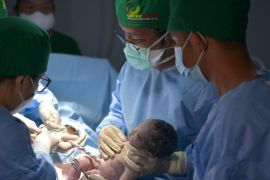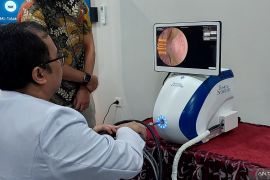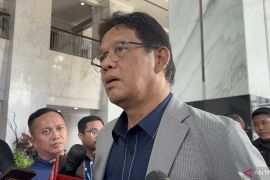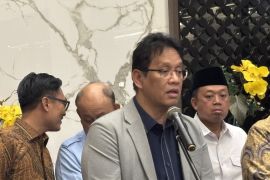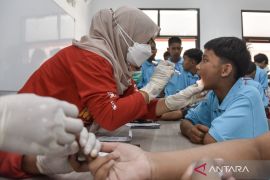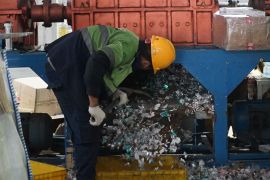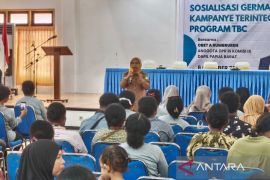Speaking at an anti-corruption event held at the Ministry’s headquarters in Jakarta on Wednesday, Deputy Health Minister Dante Saksono Harbuwono underscored the importance of upholding uncompromising integrity in addressing acts of gratuity, bribery, and any behavior that could erode public trust.
“As a government institution, we operate within a system—one designed with checks, balances, and rigorous evaluations. We have built a robust framework, and we hope that past instances of corruption within the Health Ministry will not be repeated,” Harbuwono stated.
He emphasized that corruption undermines the spirit of health-care services, which should be delivered with dedication and selflessness—free from commissions and bribes.
“The anti-corruption law must not be seen merely as a regulation, but more importantly as a moral imperative. Every possible effort must be made to establish a clean, effective, democratic, and trustworthy government,” he added.
Harbuwono further noted that the anti-corruption mission in the health sector is not solely the responsibility of the Health Ministry or the Corruption Eradication Commission (KPK), but a shared duty among all stakeholders—including government officials, the pharmaceutical industry, medical equipment distributors, health-care professionals, and the public.
“It is time for collaboration to become the cornerstone of building good and clean governance,” he said.
However, he acknowledged that challenges to integrity often lie in the "gray areas" of government practice.
Currently, only 5.96 percent of systems are capable of reaching and integrating reports from whistleblowers, the subjects of those reports, and the recipients involved in corruption cases.
“Even so, I would like to express my appreciation to all whistleblowers for their exemplary actions and commitment to accountability, which we uphold within our ministry,” he added.
Also speaking at the event, KPK Deputy Chair Ibnu Basuki Widodo highlighted several corruption risks within the Ministry of Health, including bribery, gratification, and conflicts of interest that could influence decision-making and policy outcomes.
Translator: Lintang Budiyanti, Kuntum Khaira Riswan
Editor: Aditya Eko Sigit Wicaksono
Copyright © ANTARA 2025
